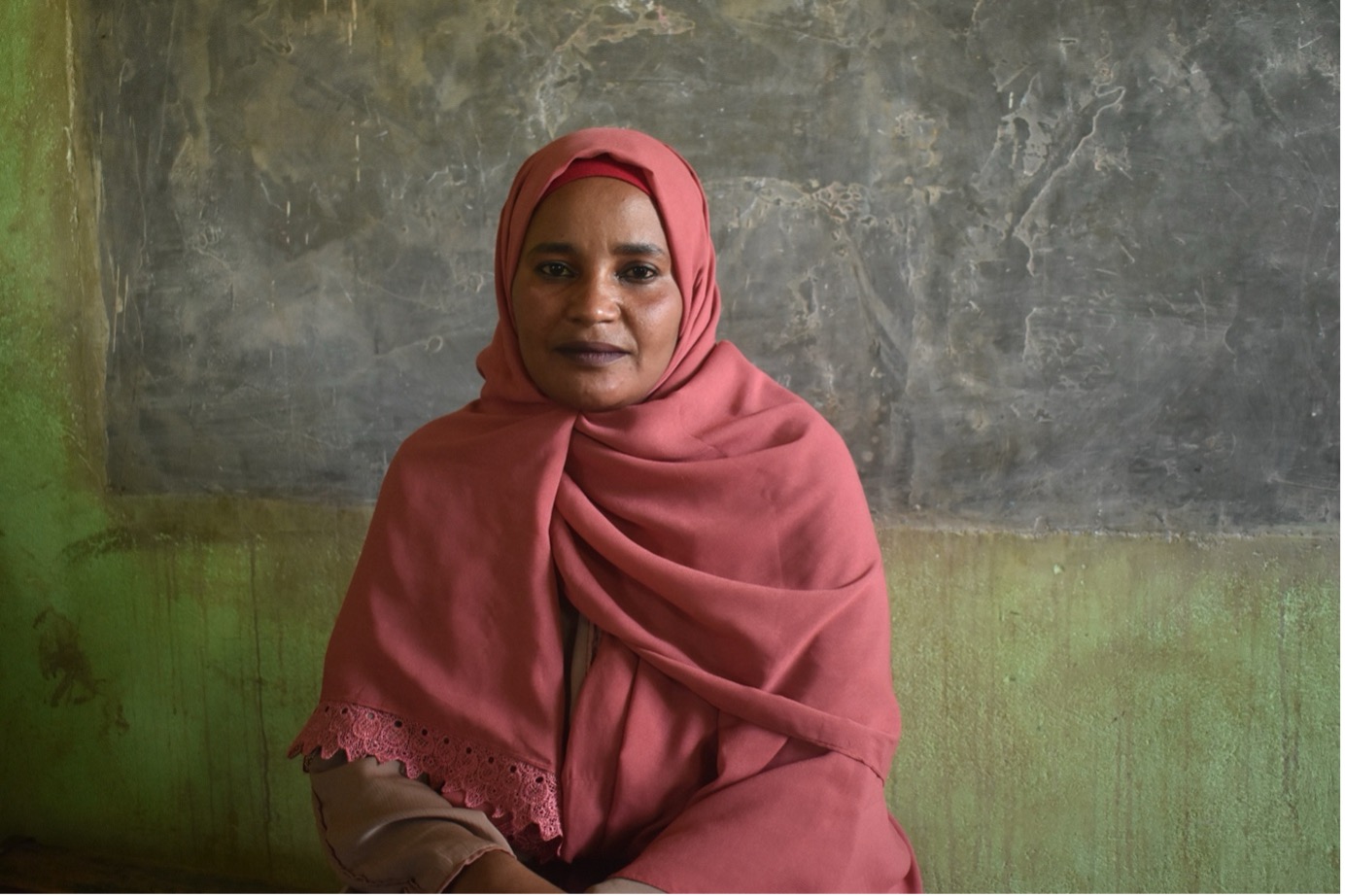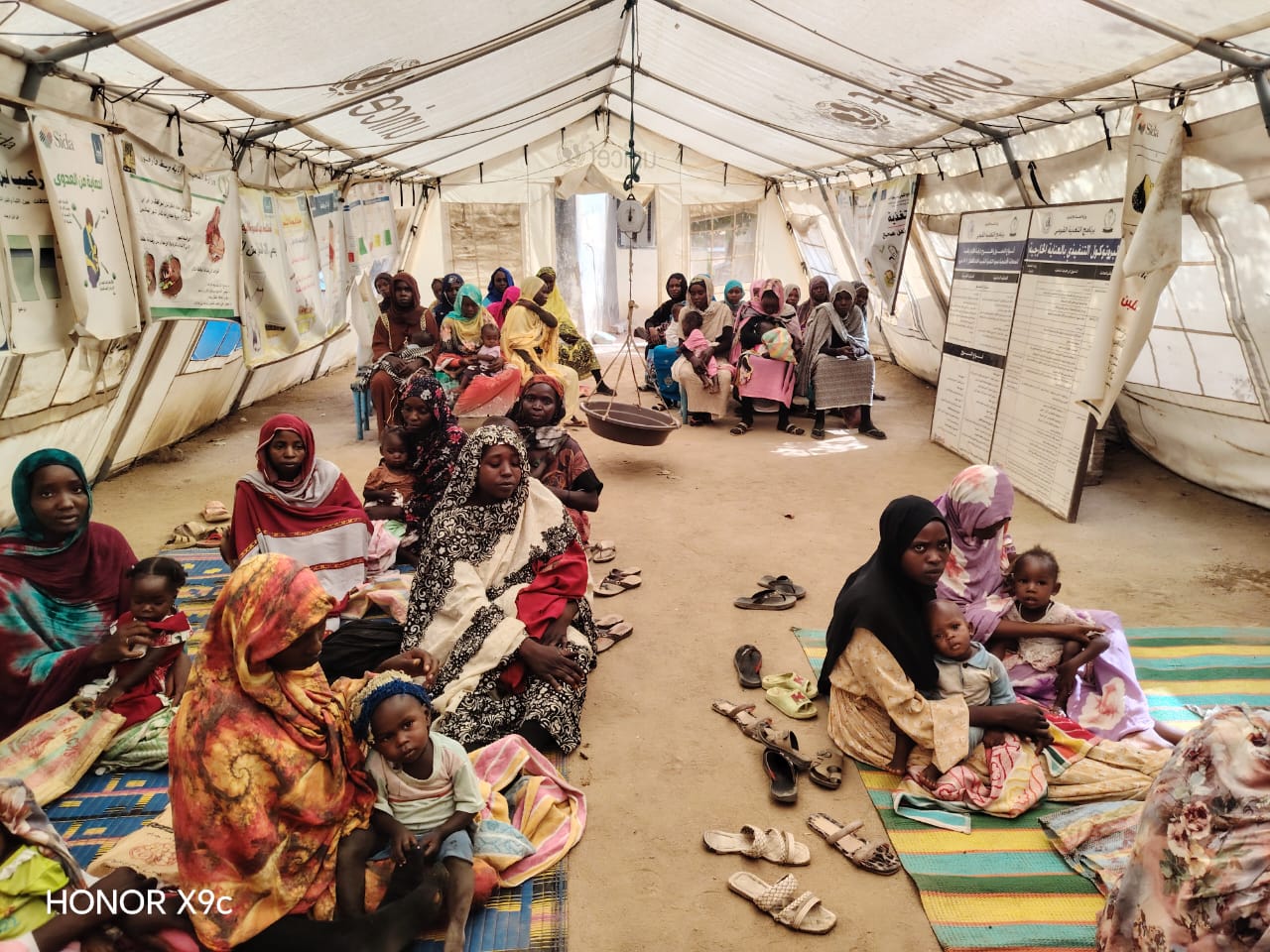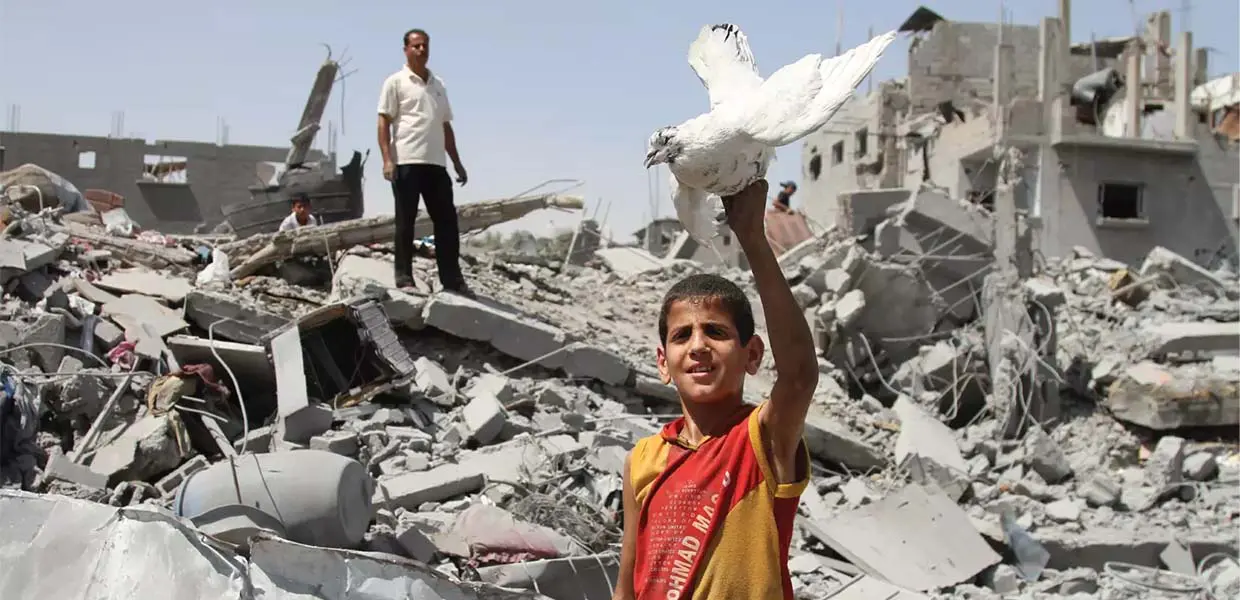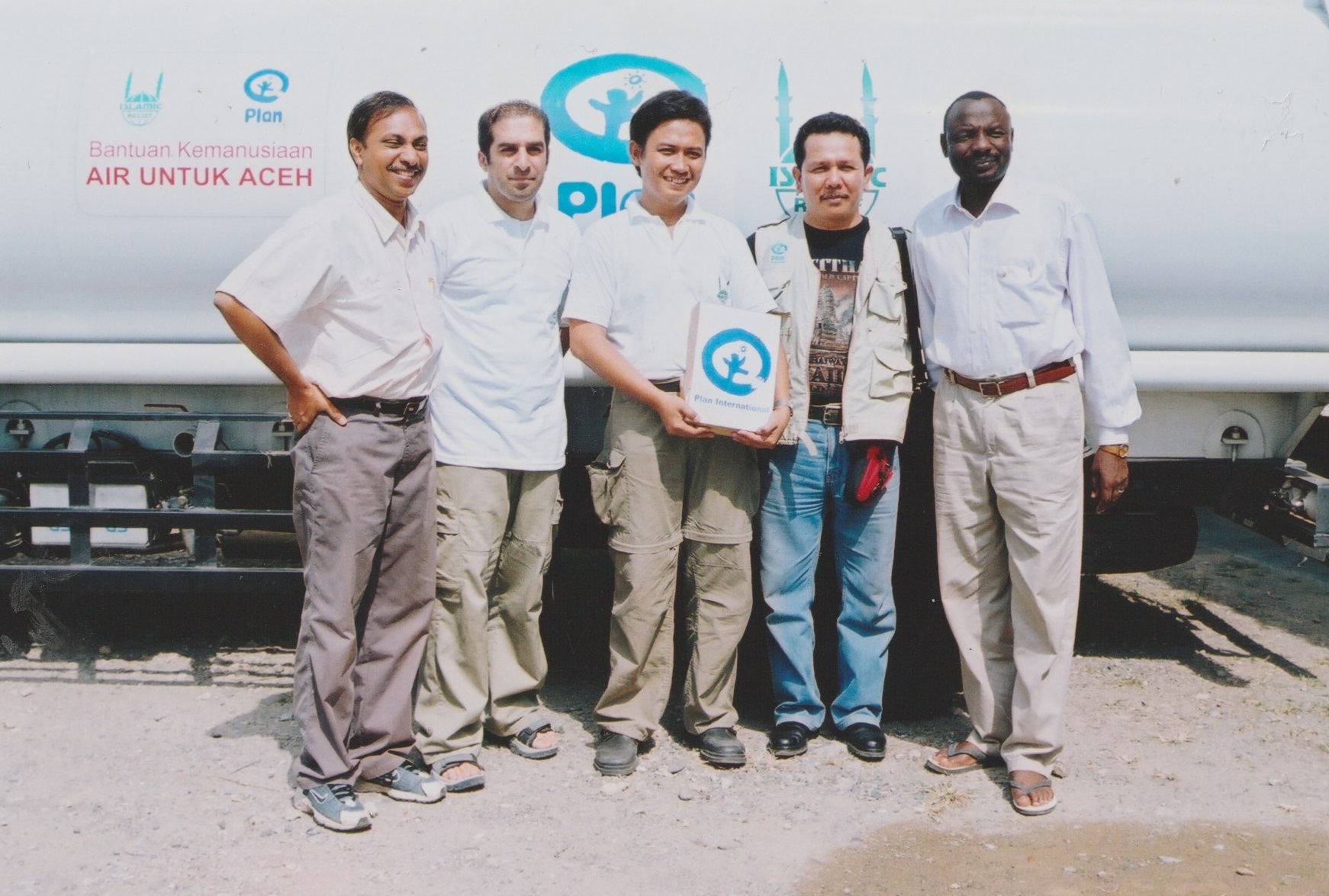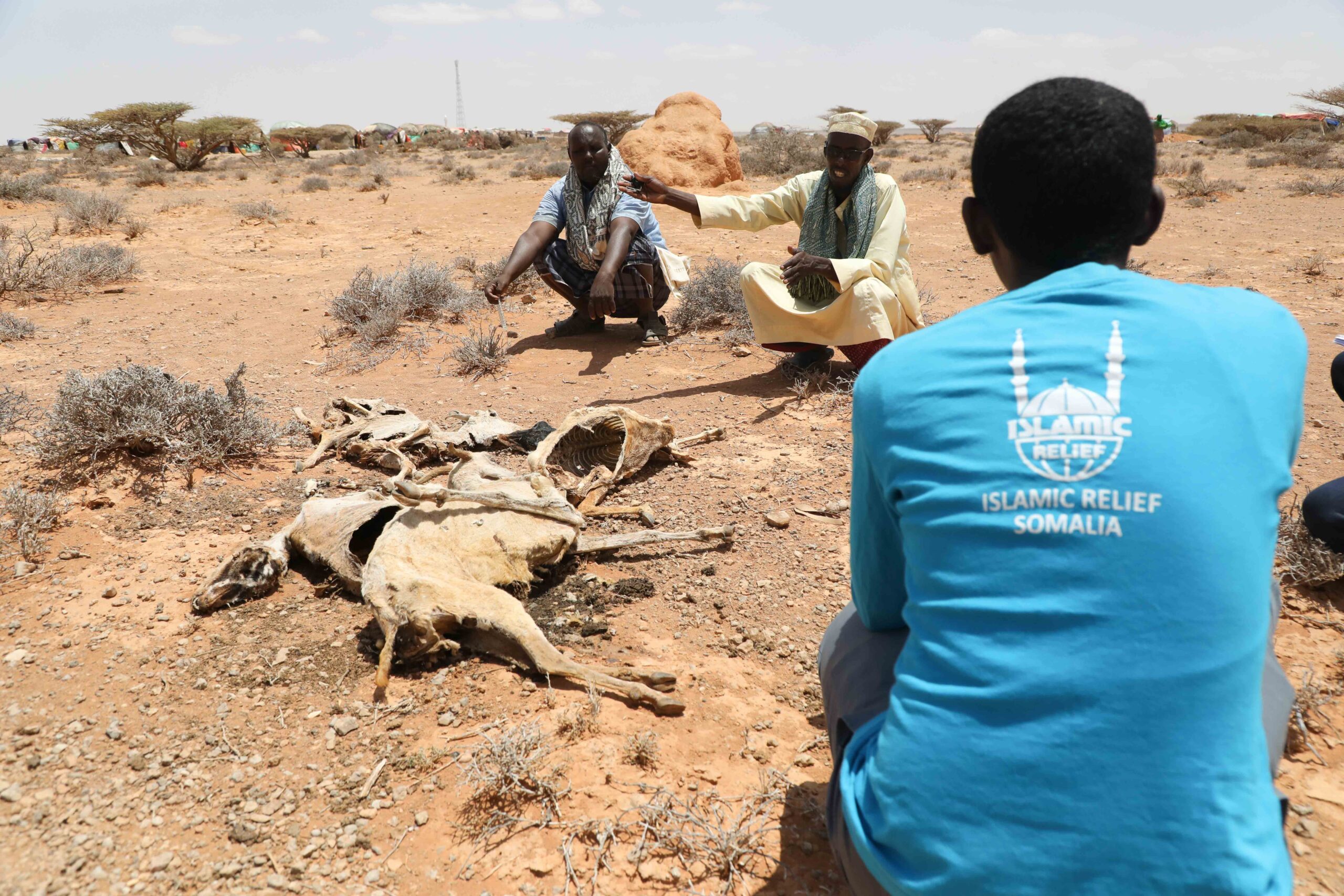
08.09.23
The Effect of Climate Change in the Horn of Africa
In the Horn of Africa, across Ethiopia, Kenya and Somalia, 43 million people are currently in need of emergency assistance due to climate-induced disasters.
As these natural disasters continue to worsen and wreak havoc on vulnerable communities, we all have a responsibility to come together and take action against climate change for the sake of a better world for all.
The Horn of Africa and the climate breakdown
As one of the world’s most impoverished regions, the Horn of Africa is home to millions of people facing chronic food and water insecurity, malnutrition and limited access to basic services including infrastructure, health care, education and social welfare. However, the recent ongoing drought has made these underlying conditions even worse.
Since the wake of the crisis, more than 2.7 million people have been displaced across Ethiopia, Kenya and Somalia, and more than 13 million livestock have died – destroying not only livelihoods but an entire way of life. 32 million people are also acutely food insecure and at risk of famine.
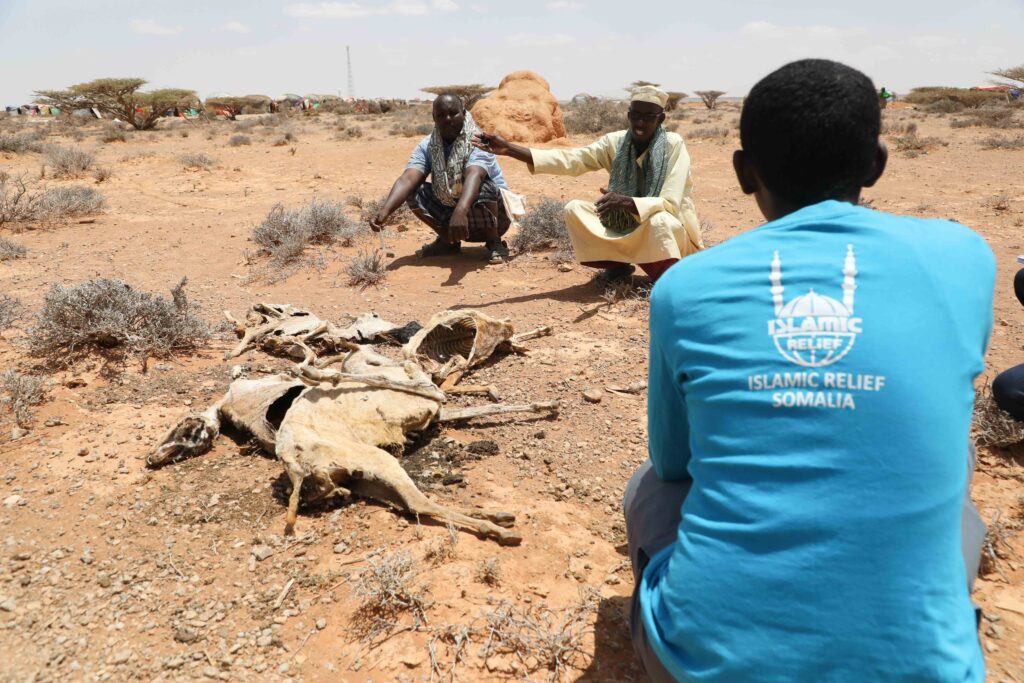
While there have been rains that have brought some relief to many areas, they also bring new threats. These include unexpected floods, more displacement and increased risks of disease, livestock loss and crop damage.
What’s worse is that scientific evidence has found that the severity of the situation has largely been driven by human activities, including our overreliance on fossil fuels, particularly in wealthier nations.
Our role in the climate crisis
Recently, a study reported that the increase in natural disasters such as the Horn of Africa drought has been primarily caused by the release of greenhouse gases, produced by fossil fuels, into the atmosphere. This has also made events like the current drought much stronger and more likely.
As such, the time has come for us to acknowledge our role in climate breakdown and take decisive action.
We must hold polluters accountable for the damage they have caused. We must call out coal, oil and gas corporations and urge them to provide reparations for the losses and damages inflicted by climate change and to support local rehabilitation, remediation and transition efforts.
We cannot allow these corporations to dictate the rules of climate action, exert undue influence over climate talks, or undermine the global response to climate change.
Islamic Relief and our support for climate action
In the face of the terrible drought in East Africa, Islamic Relief has been working tirelessly to support people who lack basic necessities like food and water. But our commitment extends beyond immediate humanitarian efforts, crucial as these are.
To address this crisis, we are calling for an end to fossil fuel subsidies and a swift, fair and equitable transition away from existing infrastructure. We urge international cooperation to significantly increase financial and technological support to ensure widespread access to renewable energy.
It is crucial that we do not fall for false solutions such as offsets, carbon capture and storage, or geoengineering, which only distract us from the real issues at hand.
By transitioning away from fossil fuels, supporting renewable energy, and holding polluting corporations accountable, we can pave the way for a sustainable and resilient future for all.
Join Islamic Relief in our work to assist communities already suffering due to climate change. With your support, we can continue to provide lifesaving aid, help communities become more resilient, and campaign for crucial action to tackle the causes and end greenhouse gas emissions.
Help us prevent famine and mass deaths
The Horn of Africa is suffering from its worst drought in 70 years. Livelihoods have been ruined, millions of children are malnourished, and people are dying from hunger. Your donation will help us provide food and water to those who need it most.

